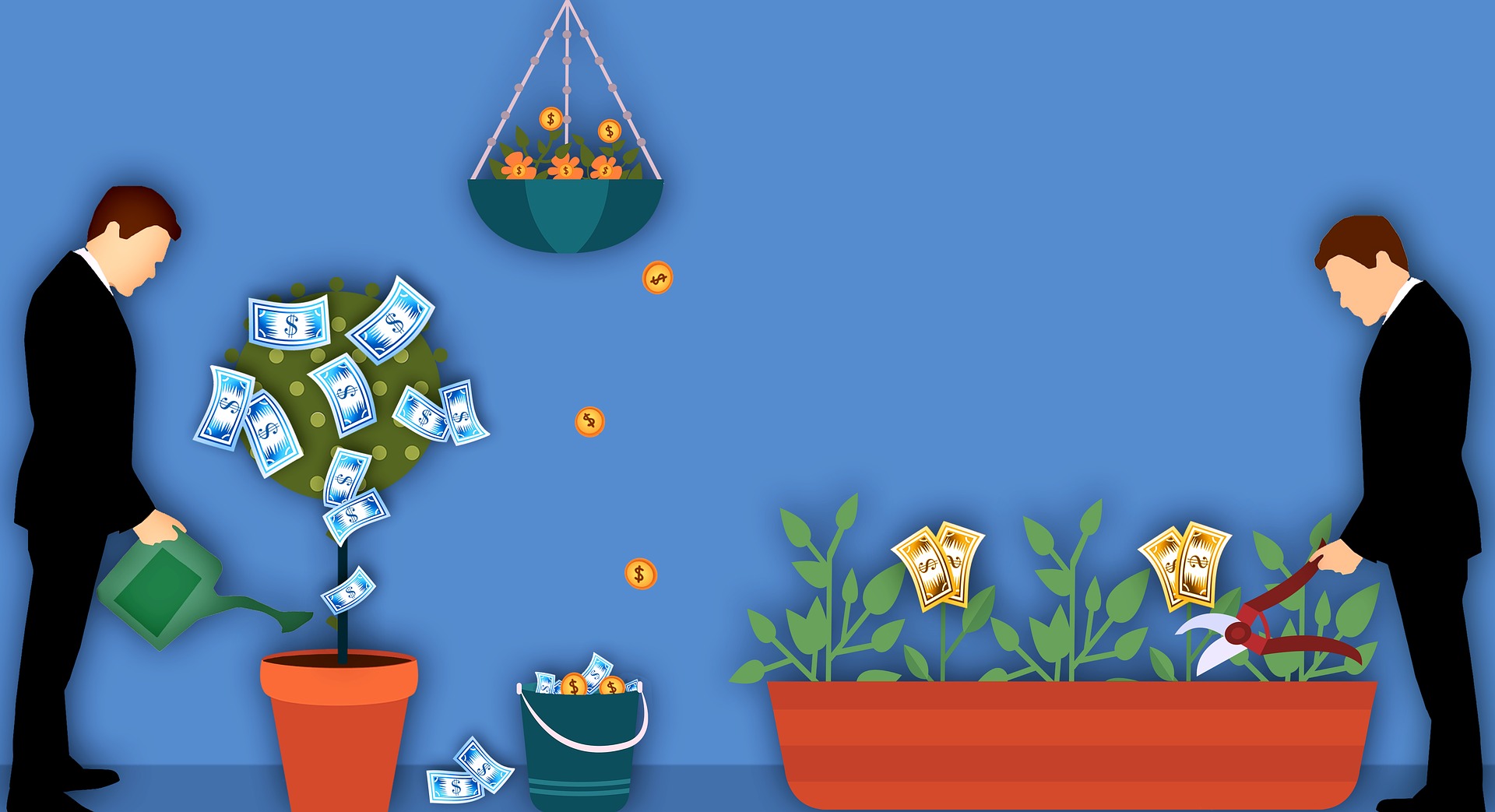GRADE Sustain
- Übersicht
- Organisation
- Veranstaltungsreihe Karriere
- Seminare & Workshops
- Frankfurter Preis für Umwelt und Nachhaltigkeit
- Ringvorlesung
- Focus Groups
- Interdisziplinäre/interkulturelle Projekte
- Publikationsunterstützung
- Reisekostenzuschüsse
- Aktuelles
- DGfE-BNE-Kommissionstagung-2022
- EXPLORING PLANETARY THINKING
- Sammelband "Nachhaltige Entwicklung in einer Gesellschaft des Umbruchs"
Weniger ist mehr? Workshop zum unverpackten Konsum
25.10.2021 | 09:00 – 13:00 | online via Zoom
Pro Jahr fallen in Deutschland knapp 3,25 Millionen Tonnen Verpackungsmüll an. Einen großen Teil davon stellen Plastikverpackungen dar. Um den Plastikverbrauch zu reduzieren und negative Auswirkungen zu verhindern, liegt die Verantwortung für die Sicherung einer nachhaltigen Entwicklung als gesamtgesellschaftliche Aufgabe bei der Politik, den Produzent*innen und Konsument*innen.
In unserem Workshop möchten wir uns auf die Konsument*innen-Ebene konzentrieren und die Vor- und Nachteile eines nachhaltigen Konsums, mit Schwerpunkt auf verpackungsfreien Konsum, diskutieren.
Hierfür laden wir Sie herzlich ein, mithilfe von Vorträgen, Break-Out-Sessions und Gruppendiskussionen mehr über den Nischentrend des unverpackten Konsums zu erfahren.
Thematisch geleitet wird der Workshop von:
- Sina Jäger, M.A. Soziologie
- Stefanie Steinhoff, M.A. Humangeographie
Life Cycle Assessment (LCA)
17. Juni 2021 | 09:00 - 17:00 Uhr | online via Zoom
Life-cycle assessment (LCA) is a compilation and evaluation of environmental impacts of a product system throughout its life cycle “from cradle to grave”. It is a holistic view of all environmental interactions, from the extraction of raw materials and the production and distribution of energy, through the use, and reuse, and final disposal of a product. Today, LCA is widely used in industry and political consulting as an analytical management tool, that provides information for decision support. In this workshop methodology and basic components of LCA are presented and discussed, like defining the goal and scope of the study, compiling an inventory of energy and material inputs and environmental releases, evaluating the potential environmental impacts, and interpreting the results. During the workshop, the participants will carry out an exemplary LCA calculation by themselves.
Trainer: Jürgen Sutter, Öko-Institut, Darmstadt
Biodiversity - Better team up with nature!
1.-2. & 4.-5. März 2021 | in Englisch | online
|
|
||
Understanding Biodiversity to Building Back Better |
||
| The last century was characterized by the illusion that humanity could dominate nature. We changed landscapes, conquered wilderness, and diminished diversity, all to thrive as a society and enjoy a better life. Doing this, we ignored that the very heart of our wellbeing is deeply dependent on the functioning systems of nature. | ||
Nature strikes back |
||
| The results of this ignorance are obvious. Rising temperatures, floods, draughts and landslides are devastating and render entire areas unihabitable. We had to learn painfully that the loss of intact nature and ecosystem services make pandemics more likely - and real. Biodiversity loss and ecosystem collapse is one of the top five risks in the World Economic Forum’s 2020 Global Risks Report. The risk of biodiversity loss is perceived higher than weapons of mass destruction or a complete breakdown of global digital information systems. More than half of the world’s GDP ($44 trillion) is highly or moderately dependent on nature. |
||
What you get |
||
| In the “markets of tomorrow”, biodiversity and ecosystem services will be an extremely important asset. When entering the job market, you should know how to deal with that asset carefully and proactively. The course is meant for everyone who is looking for solutions and who sense that we should rather team-up with nature than ignore it – but might need more information and a better understanding of the main issues and their context. In this course you will get to know:
|
||
| You will get personal input from the course instructors, discuss in small groups as well as in plenary, read and watch external input and prepare short presentations of your working groups results. | ||
Dates |
||
| March 1st, + 2nd, + 4th, + 5th, 2021 with a task to do in your own time on Wed., March 3rd, 2021 (approx. 2 hours) Time: 9-12 h each day |
||
Registration |
||
| Online at https://grade-db.uni-frankfurt.de/drupal-7/node/57334/register | ||
|
The agency auf! is the first German management consultancy focusing on biodiversity. Further fields of work of our science-based consulting agency are sustainability, CSR and project evaluations. Dr. Frauke Fischer is a tropical ecologist who founded auf! In 2003. She is an esteemed scientist and speaker and was rewarded with several international awards for her work. She is an invited member to several high-level committees. Dr. Hilke Oberhansberg studied business administration and interdisciplinary environmental sciences. She was working for several years in different large companies focusing on leadership and organizational development. Dr. Heinrich Schneider studied biology and holds a master’s degree in environmental sciences. He is an expert in international development and project evaluation. |
||
|
By the way, the trainers of this workshop wrote a biodiversity book which might be of interest: Frauke Fischer, Hilke Oberhansberg: Was hat die Mücke je für uns getan? Endlich verstehen, was biologische Vielfalt für unser Leben bedeutet, Oekom Verlag. |
||
| Photo: DarkmoonArt_de auf Pixabay | ||







